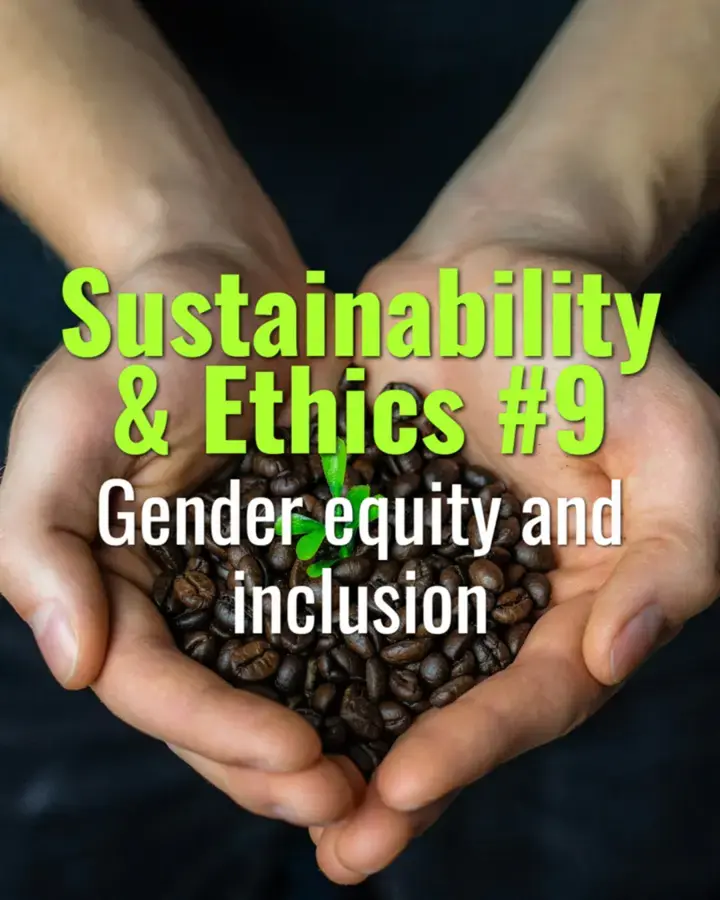Gender equity and inclusion
The importance of gender equity in coffee, challenges women face in the supply chain, and initiatives promoting inclusion and empowerment.
- Coffee Basics Nerds
- 2 min read
Article 9 of 12 in Sustainability & Ethics/

Why Gender Equity Matters
- Women contribute significantly to coffee farming, processing, and retail.
- Despite this, they often have less access to land, credit, training, and leadership roles.
- Closing the gender gap improves farm productivity, community resilience, and sustainability.
Barriers Faced by Women
- Land Ownership: In many producing countries, legal or cultural norms restrict women from owning land.
- Access to Resources: Women farmers often excluded from credit schemes and training programs.
- Decision-Making: Men more likely to control farm income and cooperative leadership.
- Workload: Women balance farm work with disproportionate household and caregiving duties.
Benefits of Inclusion
- Studies show that when women have equal access to resources, yields increase by 20–30%.
- Women reinvest more income into nutrition, education, and healthcare, improving community welfare.
- Gender-balanced leadership leads to more inclusive decision-making.
Industry Initiatives
- International Women’s Coffee Alliance (IWCA): Global network supporting women in coffee.
- Gender Action Learning Systems (GALS): Tools for household-level equity planning.
- Certification Schemes: Fairtrade and RA increasingly integrate gender equity standards.
- Direct Trade Partnerships: Some roasters highlight and support women-produced lots.
Practical Steps for Roasters & Cafés
- Source from women-led cooperatives and highlight them to consumers.
- Support training programs that ensure women’s equal participation.
- Use storytelling to recognize women’s contributions in origin marketing.
Summary
Gender equity in coffee is both a moral and economic imperative. By addressing barriers to land, credit, and leadership, the industry can unlock higher productivity, stronger communities, and a more inclusive coffee culture.